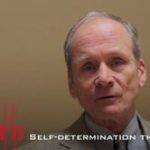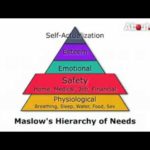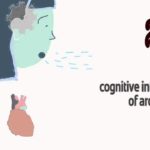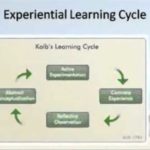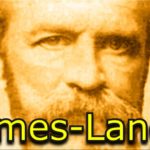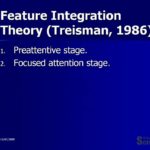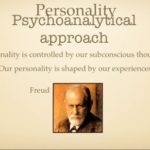Category: Theories/hypotheses/models
Self Determination Theory
Self-determination theory is a theory of human motivation, development, and wellness, proposed by Edward L. Deci and Richard M. Ryan in 2008. The theory states that “the degrees to which basic psychological needs for autonomy, competence, and relatedness are supported … Continue reading →
Maslow’s Hierarchy of Needs
The concept of a hierarchy of needs was presented by American psychologist Abraham Maslow in 1943, and developed further during his career. The idea states that we have at least five sets of basic need categories: physiological, safety, love, esteem, and self-actualization. … Continue reading →
Schachter and Singer Two Factor Theory of Emotion
The Schachter and Singer two factor theory of emotion was presented by researchers Stanley Schachter and Jerome E. Singer in 1962. The theory suggests that emotional states contain two components, one physiological and one cognitive. In the case of experiencing physiological arousal … Continue reading →
Experiental Learning Theory
Experiental learning theory (ELT) defines learning as a process of acquiring knowledge through the transformation of experience. Four different types of learner can be distinguished: convergers, who gain knowledge by abstract conceptualization and active experimentation; divergers, who use concrete experience … Continue reading →
Elizabeth Kubler-Ross’ Five Stages of Grief
The five stages of grief, is a stage theory formulated by Elisabeth Kubler-Ross, describing stages that people experience when facing their own death. The stages are denial, anger, bargaining, depression and acceptance (1). Since proposing her theory, psychologists have observed … Continue reading →
Ecological Systems Theory
Ecological systems theory was introduced by Urie Bronfenbrenner in 1979, and was later expanded on several times. The theory describes child development in terms of different environmental systems (microsystem, mesosystem, exosystem, macrosystem and chronosystem), which are all graphically presented as … Continue reading →
Activation-Synthesis Theory of Dreaming
The activation synthesis theory of dreaming was first suggested by J. Allan Hobson and Robert McCarley in 1977, and has since been elaborated on due to newer research and more advanced brain imaging techniques. The theory proposes that the content … Continue reading →
Freud’s Theory of Personality
Sigmund Freud proposed that the personality consists of three different elements: the Id, the Ego and the Superego. The Id is an aspect of personality that is driven by internal and basic drives and needs. These are typically instinctual, … Continue reading →
